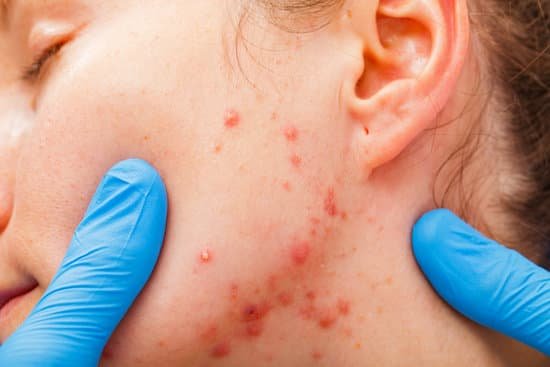5 Skin Care Myths Revealed
When it comes to skincare, there are many myths about what’s good for your body and what can make your skin break out. Below, you will find five of the most popular skincare myths and reveal which ones are true and which ones are not. By separating the facts from the skin myths, you will know how to better take care of your skin.
1. Getting a Facial Will Make You Break Out
Facials are a process where an esthetician, a specialist, uses a combination of scrubs, steams, cleansers and extractions to help remove acne and provide anti-aging effects to your skin. The reality is that facials sometimes lead to temporary breakouts. Here is what happens after an invasive facial such as an extraction or a chemical peel: your face will begin to purge the imperfections from the clogged pores and pimples. This will lead to the appearance of a breakout about a week after a facial. Don’t worry. Your skin will begin to clear up soon afterward and look better.
2. Harsh Exfoliating Solves All Your Skin Imperfections
If you are looking to solve all of your most stubborn skin imperfections, then you may want to opt for an intensive exfoliating process. However, is this invasive facial process the answer to all of your skin problems? The simple answer is that invasive exfoliating can solve your skin imperfections if you use a medically licensed esthetician. Some people run into problems when they over-exfoliate their face on their own. This can lead to broken blood vessels and increased damage to your skin. When you are looking for an advanced solution to your skin issues, then rely on professional treatment.
3. Wearing Clothing Works Just as Good as Sunscreen

4. 50% PSF Blocks the Sun More Than 30% PSF
SPF or Sun Protection Factor is the major measurement found on sub-blocks. Most people believe that the higher the SPF rating on sunblock, the more effective the product is at protecting your skin from ultraviolet rays. However, this skin myth couldn’t be further from the truth. In reality, the two things that determine a sun blocks effectiveness of blocking UV rays are the amount of Titanium Dioxide and Zinc Oxide in the product. Ideally, you should use a sunblock that has a minimum of 7.5% of Titanium Dioxide and 15% of Zinc Oxide. You can find the ingredients of sunblock and the percentage on the back of the product bottle or tube.
5. People with Darker Skin Don’t Need Sunscreen

6. More Proven Ways to Keep Your Skin Healthy
If you want to keep your skin healthy, then is it a good idea to have a set of good habits in place. Here are some simple tips to keep your skin looking good all day.
Wash Your Skin Twice A Day – It is a good idea to keep your skin clean from dirt and grime build-up. However, you want to make sure that you are not doing a deep cleanse every time you clean your face. Overdoing your skin cleanse can lead to dry skin. It is best to engage a little trial and error. Discover the sweet spot for your daily skin cleansing.
- Take Vitamin C – Vitamins are an important micronutrient that helps protect and strengthen certain parts of your body. When it comes to your skin, you will want to make sure that you get enough vitamin C. Taken regularly, Vitamin C can help brighten and firm the skin. You can find high concentrations of Vitamin C in oranges, kale and sprouting broccoli. There are also a number of skin products and moisturizers rich in Vitamin C.
- Know Your Skin Type – In order to properly take care of your skin, you should know your skin type. Do you have naturally dry skin or naturally oily skin? By knowing what type of skin you have, you will know how to properly maintain yourself.
- Eat the Right Foods – The saying, “you are what you eat” also applies for your skin. The best foods for your skin include tomatoes, dark chocolate, green tea, carrots, salmon, and avocado.
- Avoid Certain Foods – While there is food that is good for your skin, there is also food that is downright bad for your skin. The foods you should avoid include fried foods, alcohol, white rice, candy, salty snacks, and coffee.
- Drink Water – If you want to have a healthy completion and flush out the toxins from your body, then you will want to make sure you drink enough water. Aim to drink eight glasses of water spread throughout the day.
Get The Professional Skin Treatment You Deserve Today
Caring for your skin is as simple as maintain a set of healthy daily habits and getting regular facials from an esthetician specialist. Schedule an appointment with us today for a personalized skin treatment that will make you look years younger. Your skin deserves nothing but the best.



 Wash Your Skin Twice A Day
Wash Your Skin Twice A Day